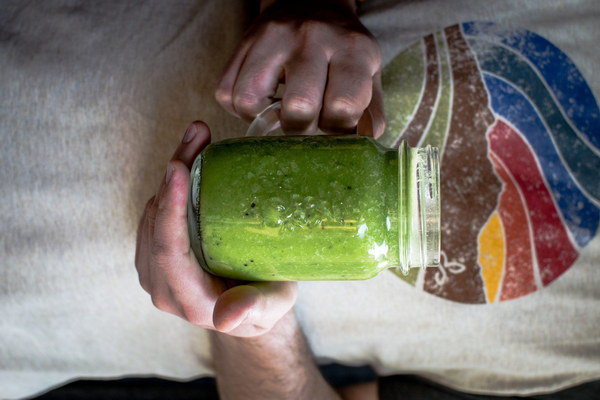Recovering from Surgery with High Blood Sugar A Guide to Proper Nutritional Supplements
Introduction:
Dealing with high blood sugar levels during and after surgery can be challenging. Proper nutrition plays a crucial role in recovery, and finding the right supplements can make a significant difference. In this article, we will explore how to manage high blood sugar levels post-surgery and provide a comprehensive guide to suitable nutritional supplements that can aid in the healing process.
1. Understanding High Blood Sugar Levels During Surgery:
High blood sugar levels, also known as hyperglycemia, can occur during surgery due to various factors such as stress, anesthesia, and hormonal changes. This condition can affect wound healing, increase the risk of infection, and delay recovery. Managing blood sugar levels post-surgery is essential to ensure a smooth healing process.
2. Importance of Nutrition in Post-Surgery Recovery:
A well-balanced diet can help regulate blood sugar levels, support overall health, and promote faster recovery. Nutritional supplements can play a significant role in this process by providing essential nutrients and aiding in the healing of surgical wounds.
3. Nutritional Supplements for Post-Surgery High Blood Sugar:
a) Chromium: Chromium is a mineral that plays a crucial role in insulin sensitivity and blood sugar regulation. Taking a chromium supplement can help manage blood sugar levels and support the healing process. A daily dosage of 200-600 mcg is recommended.
b) Alpha-Lipoic Acid (ALA): ALA is an antioxidant that can improve insulin sensitivity and help regulate blood sugar levels. It also aids in the reduction of oxidative stress, which is beneficial for healing. A typical dosage is 300-600 mg per day.
c) Berberine: Berberine is a natural compound found in certain plants that has been shown to improve insulin sensitivity and lower blood sugar levels. It can also support heart health and reduce inflammation. A common dosage is 500-2000 mg per day.
d) Magnesium: Magnesium is an essential mineral that plays a vital role in blood sugar regulation and muscle function. It also helps reduce inflammation and supports the healing process. A daily dosage of 300-500 mg is recommended.
e) Vitamin D: Vitamin D deficiency is common in individuals with high blood sugar levels. This nutrient is crucial for bone health, immune function, and wound healing. A daily dosage of 1000-2000 IU is generally recommended.
f) B-Vitamins: B-vitamins, particularly thiamine (B1), riboflavin (B2), niacin (B3), and vitamin B6, are essential for energy production and wound healing. A daily dosage of 50-100 mg of each vitamin is recommended.
4. Precautions and Recommendations:
a) Consult with your healthcare provider before starting any new supplement regimen, especially if you have existing health conditions or are taking other medications.
b) Monitor your blood sugar levels regularly to assess the effectiveness of the supplements and adjust your dosage as needed.

c) Focus on a balanced diet that includes a variety of fruits, vegetables, lean proteins, whole grains, and healthy fats.
d) Stay hydrated and maintain a consistent sleep schedule to support overall health and recovery.
Conclusion:
Dealing with high blood sugar levels during and after surgery can be challenging. However, by incorporating the right nutritional supplements into your post-surgery regimen, you can support your body's healing process and maintain stable blood sugar levels. Always consult with your healthcare provider for personalized advice and ensure you are following a well-balanced diet for optimal recovery.









